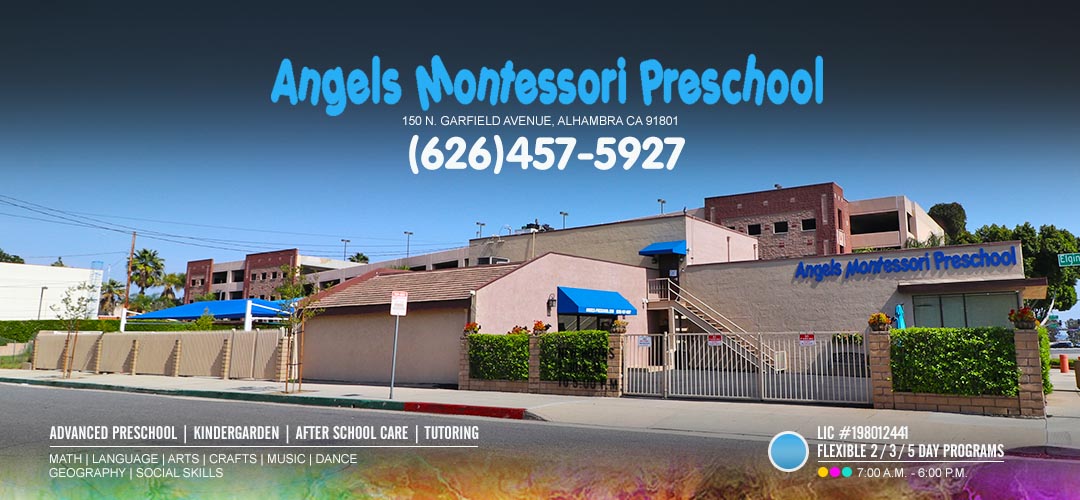HEALTH AND MEDICINE

Illness and sickness are a fact of life for children, and this can be even more common in a preschool setting. This is normal. However, by taking some sensible precautions, you can avoid needless illnesses. Fall and spring are the seasons when children tend to get sick the most due to changing weather conditions. Therefore, ensure that your child is always well-dressed and properly cared for. This will help prevent unnecessary aggravation for you
SIGNS OF ILLNESS
Signs of illness may be nonspecific. The child may appear and act differently, showing unusual paleness, irritability, unusual tiredness, or lack of interest. Please do not send your child to school on days when any of the following symptoms are present: fever, rash, cough, diarrhea, vomiting, or discharge of mucus from the nose or eyes.
SICKNESS GUIDELINES
Students must be symptom-free for 24 hours before returning to school.
Children with a body temperature of 100.6°F or higher must stay home or will be sent home from school for monitoring. It is important to monitor a child's temperature to ensure they are not at risk of developing a more serious illness or infection. Your child should stay home if these guidelines are exceeded.
Temperature: If your child has a fever of 100.6°F or higher, they should be without a fever for 24 hours before returning to school.
Conjunctivitis (Pink Eye): An eye infection characterized by redness, a burning sensation, and thick yellow drainage. If your child has pink eye, they should stay home.
Rashes: Children with unidentified or undiagnosed rashes by a physician should stay home.
Bronchitis/Pneumonia: If your child exhibits symptoms such as hoarseness, cough, and a slight elevation in temperature, they should stay home.
Impetigo: A skin condition (bacterial infection) characterized by red pimples that eventually become small fluid-filled spots surrounded by a reddened area. If your child has impetigo, they should stay home.
Hand, Foot, Mouth Disease: Symptoms include fever, mouth sores, and a skin rash. If your child exhibits these symptoms, they should stay home.
Diarrhea: If your child has watery or greenish bowel movements that are significantly different and more frequent than usual, they should stay home. The school typically uses the criteria of two episodes of diarrhea before calling parents for pickup.
Measles: Symptoms include fever, runny nose, cough, and rash. If your child has measles, they should stay home. The period of communicability extends from cough and runny nose for nine days, and after the rash appears for five days. The incubation period is 10 - 14 days.
German Measles: Similar symptoms to measles. If your child has German measles, they should stay home. The period of communicability is four days after the start of the rash. The incubation period is 14 - 21 days.
Chicken Pox: Symptoms include slight fever and rash. If your child has chickenpox, they should stay home. The period of communicability is not more than one day before nor six days after the appearance of the rash. The incubation period is 13 - 17 days.
Mumps: Symptoms include fever, swelling, and tenderness in the salivary glands. If your child has mumps, they should stay home. The period of communicability is seven days before symptoms until nine days after the appearance of symptoms. The incubation period is 12 - 26 days.
Poison Oak: An allergic reaction to poison ivy characterized by a rash that may appear 24-72 hours after exposure, with bumps and blisters that itch.
Head Lice: Tiny insects that feed on blood from the human scalp. If your child has head lice, they should stay home. Head lice can spread through direct transfer from one person's hair to another's
HYGIENE
MEDICATION & ANTIBIOTICS
State law requires that your child's medication be in the original prescription container with written instructions and a signed release permitting staff to dispense the medication. The medication must be delivered to the classroom teacher by an adult, not the child. You can find the release form on our website to fill out. Additionally, a nebulizer administration release form is available on our website.
Antibiotics prescribed must be taken for at least 24 hours before your child can attend school. Many illnesses are considered noncontagious after 24 hours of medication administration. Please ask your physician specifically about this and relay the information to the center's staff. Any new medication that has never been prescribed before should also be taken for 24 hours before your child returns to the center.
DRESS WELL AND EAT HEALTHY
For winter, children should layer clothing to stay warm and comfortable. Start with a thin base layer like a long-sleeved shirt and thin tights. Add a mid-layer like a sweater and top it off with a warm jacket or coat. Children often get hot during playtime and may take off their jackets. Having two layers underneath protects them from chills. In spring, when the weather starts getting warmer, switch to lighter clothing but continue to layer them.
A healthy diet without excess sugar is key to preventing illness. A variety of fruits and vegetables, high-quality meat, and, most importantly, sufficient food will keep your child healthy. Please avoid junk food with food coloring and other additives.




